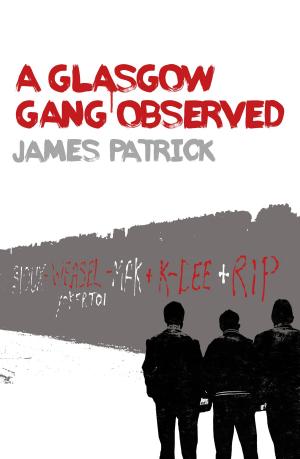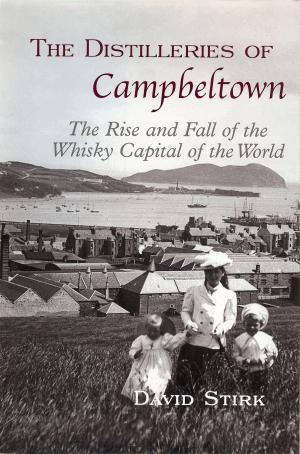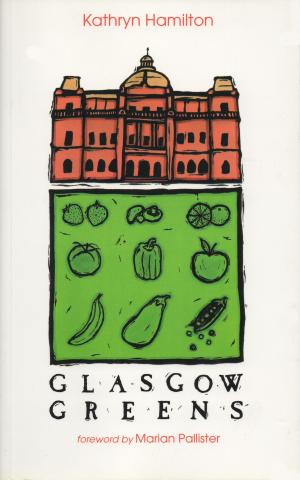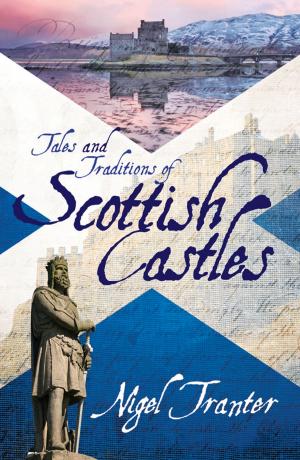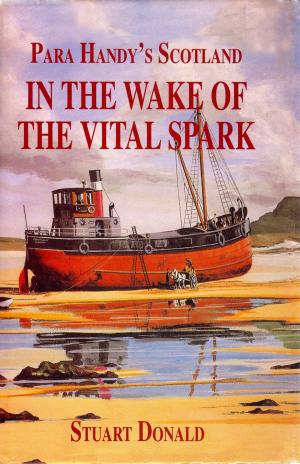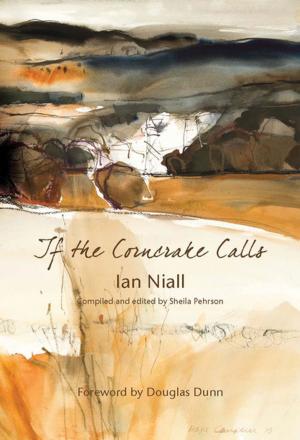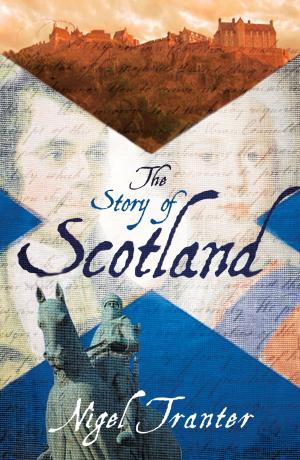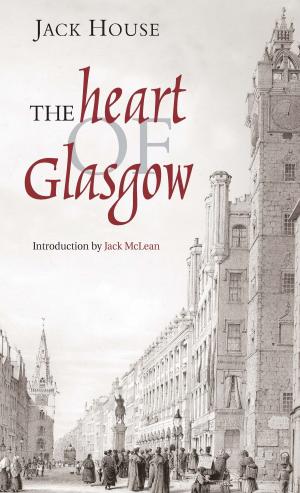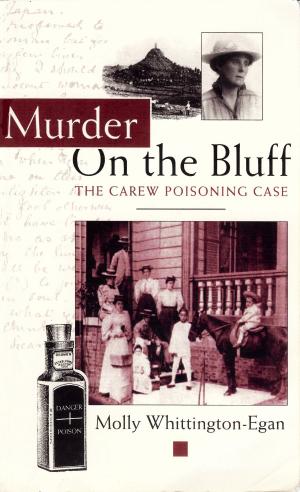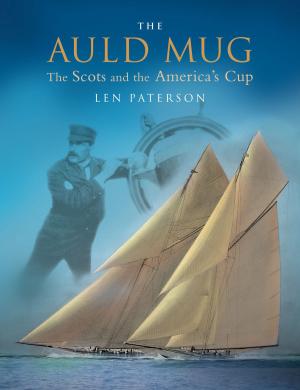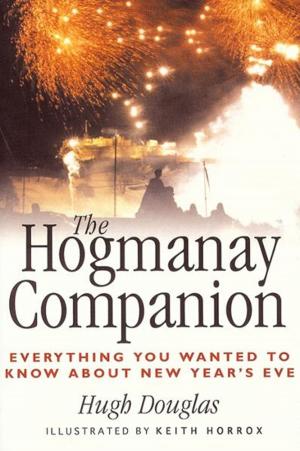Apollo Memories
The Venue - The Story - The Legend
Nonfiction, Art & Architecture, Architecture, Public, Commercial, or Industrial Buildings, Entertainment, Music, Pop & Rock, Rock, Music Styles| Author: | Martin Kielty | ISBN: | 9781906476779 |
| Publisher: | Neil Wilson Publishing | Publication: | November 14, 2011 |
| Imprint: | Neil Wilson Publishing | Language: | English |
| Author: | Martin Kielty |
| ISBN: | 9781906476779 |
| Publisher: | Neil Wilson Publishing |
| Publication: | November 14, 2011 |
| Imprint: | Neil Wilson Publishing |
| Language: | English |
From 1927 until 1985 the Glasgow Apollo was a landmark in Glasgow's architecture and culture. Opened as Green's Playhouse, it shone through the golden age of cinema and ballroom until, for its last 12 years of life, it was the rock venue to play in Scotland, Britain and even Europe. Everyone who was anyone took to the infamously high stage and performed to an audience regarded as the most discerning music fans in the world. From AC/DC to Led Zeppelin, Johnny Cash to the Style Council, the Apollo was synonymous with good, loud music and electric energy. Built as a showpiece palace in the great era of live entertainment, it was a giant and elaborate building capable of seating up to 4,500 people. It was renowned before the Apollo years as a unique experience, and the rock'n'roll years only added to its fame. But with its architectural glory days behind it, the building was in rapid decline in its closing decade; and while a new generation of thrill seekers brought new life to the great auditorium, the plaster, bricks and mortar rotted to dangerous degrees, earning the venue the nickname 'The Appalling'. As a landmark it's remembered for the huge Playhouse lettering, the family slogan 'It's Good - It's Green's' on the custom-made carpet, and the bouncing balcony which appeared to move up to six feet as rock fans moved to the beat of their favourite bands. This is the full story of those rock years before the Apollo closed for good. Rick Parfitt of Status Quo recalls they partied so hard they needed oxygen at the side of the stage as they played, while Francis Rossi maintains: 'The Apollo was the best venue anywhere in the world'. Bob Geldof summed it all up: 'The only thing that should happen to the Apollo is that it be torn down by rock fans, brick by brick, while a rock band plays "Scotland the Brave" at 50,000 watts. Fuck bingo - long live rock.'
From 1927 until 1985 the Glasgow Apollo was a landmark in Glasgow's architecture and culture. Opened as Green's Playhouse, it shone through the golden age of cinema and ballroom until, for its last 12 years of life, it was the rock venue to play in Scotland, Britain and even Europe. Everyone who was anyone took to the infamously high stage and performed to an audience regarded as the most discerning music fans in the world. From AC/DC to Led Zeppelin, Johnny Cash to the Style Council, the Apollo was synonymous with good, loud music and electric energy. Built as a showpiece palace in the great era of live entertainment, it was a giant and elaborate building capable of seating up to 4,500 people. It was renowned before the Apollo years as a unique experience, and the rock'n'roll years only added to its fame. But with its architectural glory days behind it, the building was in rapid decline in its closing decade; and while a new generation of thrill seekers brought new life to the great auditorium, the plaster, bricks and mortar rotted to dangerous degrees, earning the venue the nickname 'The Appalling'. As a landmark it's remembered for the huge Playhouse lettering, the family slogan 'It's Good - It's Green's' on the custom-made carpet, and the bouncing balcony which appeared to move up to six feet as rock fans moved to the beat of their favourite bands. This is the full story of those rock years before the Apollo closed for good. Rick Parfitt of Status Quo recalls they partied so hard they needed oxygen at the side of the stage as they played, while Francis Rossi maintains: 'The Apollo was the best venue anywhere in the world'. Bob Geldof summed it all up: 'The only thing that should happen to the Apollo is that it be torn down by rock fans, brick by brick, while a rock band plays "Scotland the Brave" at 50,000 watts. Fuck bingo - long live rock.'


